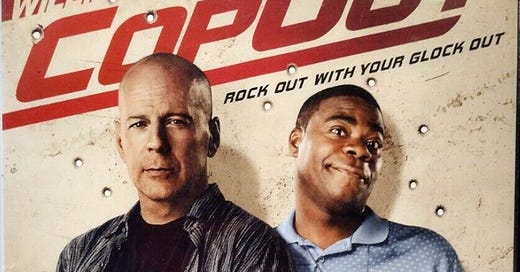I could have written him off as a poor cultural fit and let him go,
but I knew if I could fix the issues, it would be better for the company.
~David Dodson about an under-performing employee
This quote in Dodson’s great book The Manager's Handbook got me thinking. Everyone talks a big game about company culture. It's even been said that culture eats strategy for breakfast. Or lunch. Depending on which mis-attribution of the quote you're reading.
A google search just gave me over 84 million hits on the phrase "hire for culture fit" and over 42 million for the phrase "don't hire for culture fit".
What does company culture even mean?
If it's something so important that you should (or shouldn't) hire for it, shouldn't we know what it means? Dodson uses that quote to caution against letting someone go until you've gone through a rigorous process (which he explains) to determine if the person is coachable, and if so, to coach them so they can succeed in your organization.
The process he explains (and one he describes earlier in the book about hiring) both involve changing someone's actions and their results in measurable ways. Something I call an output. If you haven't described your culture in terms of visible behaviors and outputs, you have no business relying on it to make decisions. Let me say that again.
If you haven't described your culture in terms of visible behaviors and outputs, you have no business relying on it to make decisions.
Too often when people talk about a cultural fit, they're using a judgmental shortcut that's similar to what Supreme Court Justice said when saying he wasn't able to intelligibly define pornography: I know it when I see it. I'm not sure you want to base your hiring or firing decisions on something as idiosyncratic as that.
Describe Culture in terms of What's Visible
Culture in a company is often defined as the unwritten rules about how things work: what is rewarded and what is censured, how much risk is appropriate, are decisions made by consensus, or by authority.
Bretton Putter of culturegene.ai does a lot of work helping companies define their values. This is particularly useful for companies with remote workers who can’t communicate their culture the way companies can when everyone’s physically together. One of his exercises is to have each person take the words in a company’s list of values and write what it means to them and how they see it in action.
Pause for a moment and imagine that “honesty” was one of your company values. Write down how you’d see it in action.
.
I’ll wait.
.
.
OK. Done?
Here’s what some people wrote. See how close it comes to what you wrote.
Honesty means …
● We are known for candor and directness
● We give considered and constructive feedback
● We are quick to admit mistakes
● We never talk behind another person’s back
It’s not that these expressions of honesty are better or worse than yours or mine (I actually have misgivings about some of them). The point is that those are expressed in a more visible way than just the word “honesty”. Without that visibility, you’re at the mercy of whatever the word means to different people. If you want people to live the values of your company culture, you have to describe them in visible, behavioral ways everyone can agree on.
Let me give you another example. I recently had to take several flights with an injured leg that I could not put any weight on. So I was using a contraption called an iWalk (which I highly recommend). As a result, I was interacting with several different flight attendants on the different flights and I noticed that I felt some of them were friendly and some of them were not. But those are attitudes or judgements I came to, not things I could see. So I asked myself what behaviors led me to those conclusions. Here's what I came up with: eye contact (or lack), smiles not frowns, proactively asking if they could help me rather than waiting to be asked. Things like that are behaviors that are visible. It’s tempting to say some of those people cared more. But honestly, I don’t know what they felt. I just know what they did.
So if you don't want your assessment of cultural fit to be a cop out, do the hard work and define it in visible, behavioral terms.
If you’d like some help making your culture visible (or anything else about your company) I’m offering a free 45 minute coaching session. Schedule it HERE.




